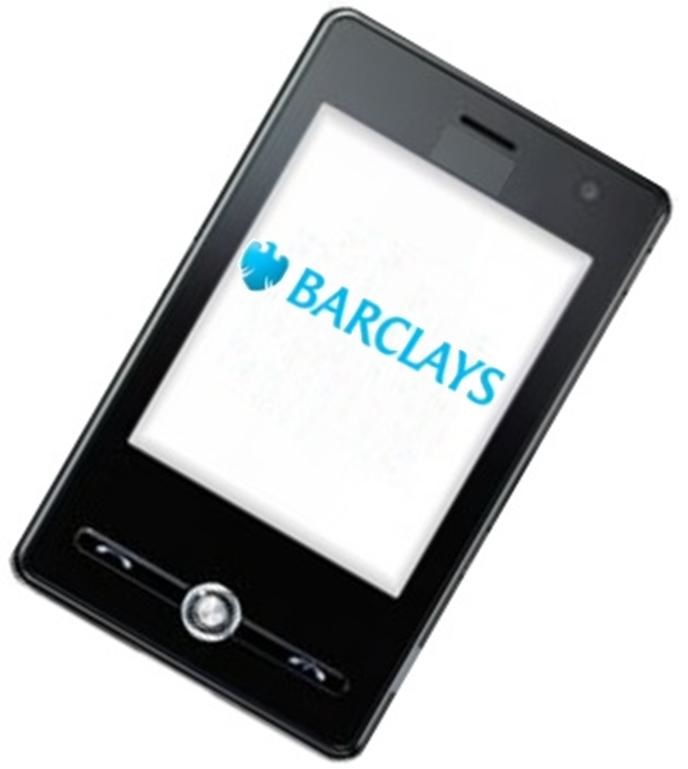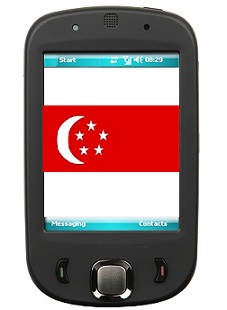The U.K. bank has announced the introduction of a considerable update to make the process easier.
Barclays has just announced the latest functionality in its Pingit app, as it is now providing large businesses the opportunity to complete mobile payments through the use of only a cell phone number.
This completely removes the requirement for having to submit any sensitive banking data.
Now, the app makes it possible for retailers, insurance companies, utilities, and other larger organizations to be able to send mobile payments without having to obtain or store the details of debit or credit cards. This is because the File Gateway from Barclays gives them the ability to send funds direction into the individual Pingit accounts. Those are available to both Barclays customers and those who are not.
This new mobile payments opportunity is meant to help to bring convenience, speed, and security.
 The Barclays head of U.K. corporate payments, Mike Walters, explained that “Consumers today want quick and convenient ways to receive value.” He went on to add that by using mobile payments, they have a solution that is both rapid and secure for accomplishing that goal, without ever having to share their account numbers with anyone else, including the company from whom they are making the purchase.
The Barclays head of U.K. corporate payments, Mike Walters, explained that “Consumers today want quick and convenient ways to receive value.” He went on to add that by using mobile payments, they have a solution that is both rapid and secure for accomplishing that goal, without ever having to share their account numbers with anyone else, including the company from whom they are making the purchase.
Walters also went on to state that when it comes to businesses, there is a rising importance which must be taken into consideration regarding the use of mobile payments as a more mainstream part of their business strategies as a whole. The reason is that it provides them with a long list of different potential benefits, including the reduction of the costs associated with the use of checks, as well as the enhancement of the customer experience.
Consumers are using their devices for a growing number of their daily activities and mobile payments can fit into these tasks quite smoothly. Though the option has been slow to take off in many of the western markets, many experts feel that it will not be long before the use of smartphones as a replacement for plastic cards begins to take off at an explosive rate.
This will be the first person to person experience that will be available to residents of the country.
Maybank Singapore has just announced that it has become the first person to person mobile payments service in the country with the launch of its Maybank Mobile Money app.
This allows consumers who have the app on their smartphones to send funds to anyone.
Through the use of this mobile payments service, people in Singapore will be able to download the app and then send money to whomever they want through the use of a cell number created by Tagit. That company is an award winning mobile device solutions company.
The mobile payments service is designed to allow funds to be sent between online banking customers.
 This gives them the opportunity to share funds through a mobile payments service at any time through a Singapore-registered cell phone number. Then, the recipient can collect the money directly into his or her bank account based in Singapore. This service closely reflects the growing connection that people in the country have with their smartphones, as they use them for a growing number of their everyday activities. Maybank is also using it to help to further decrease the current reliance that the population has on cash.
This gives them the opportunity to share funds through a mobile payments service at any time through a Singapore-registered cell phone number. Then, the recipient can collect the money directly into his or her bank account based in Singapore. This service closely reflects the growing connection that people in the country have with their smartphones, as they use them for a growing number of their everyday activities. Maybank is also using it to help to further decrease the current reliance that the population has on cash.
According to the Maybank Singapore head of information technology and virtual banking, Lim Kuo Sion, “Consumer behavior is changing rapidly, aided by newer technologies. With the growth of Singapore’s smart phone and tablet penetration, we see a greater reliance on our trusted devices for daily tasks, including financial transactions.” He went on to add that this mobile payments service is an innovative solution that can simplify the process even more by allowing customers to take control over their own transactions to known recipients. He underscored that this convenient method is instant and secure, making it highly appealing.
The belief at Maybank Singapore is that by giving consumers the chance to send mobile payments directly to smartphone numbers, it will reduce the need to use checks and cash when giving money from one person to another. This will also provide customers with an additional transaction method that will suit their increasingly mobile dependent lifestyles.
 The Barclays head of U.K. corporate payments, Mike Walters, explained that “Consumers today want quick and convenient ways to receive value.” He went on to add that by using mobile payments, they have a solution that is both rapid and secure for accomplishing that goal, without ever having to share their account numbers with anyone else, including the company from whom they are making the purchase.
The Barclays head of U.K. corporate payments, Mike Walters, explained that “Consumers today want quick and convenient ways to receive value.” He went on to add that by using mobile payments, they have a solution that is both rapid and secure for accomplishing that goal, without ever having to share their account numbers with anyone else, including the company from whom they are making the purchase.
 This gives them the opportunity to share funds through a mobile payments service at any time through a Singapore-registered cell phone number. Then, the recipient can collect the money directly into his or her bank account based in Singapore. This service closely reflects the growing connection that people in the country have with their smartphones, as they use them for a growing number of their everyday activities. Maybank is also using it to help to further decrease the current reliance that the population has on cash.
This gives them the opportunity to share funds through a mobile payments service at any time through a Singapore-registered cell phone number. Then, the recipient can collect the money directly into his or her bank account based in Singapore. This service closely reflects the growing connection that people in the country have with their smartphones, as they use them for a growing number of their everyday activities. Maybank is also using it to help to further decrease the current reliance that the population has on cash.